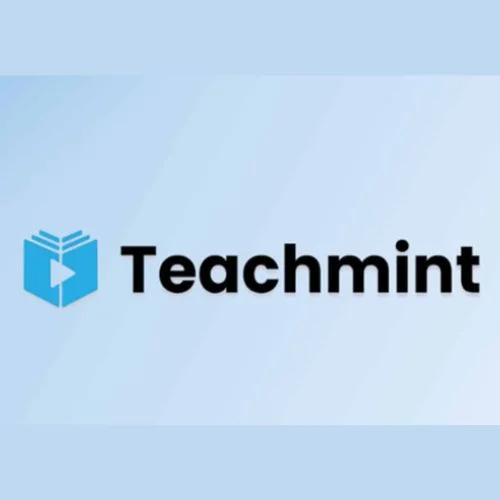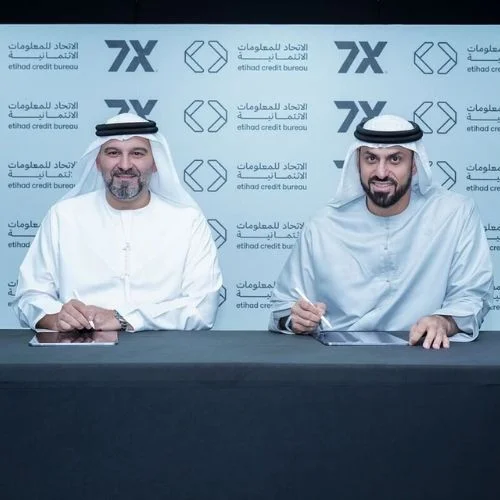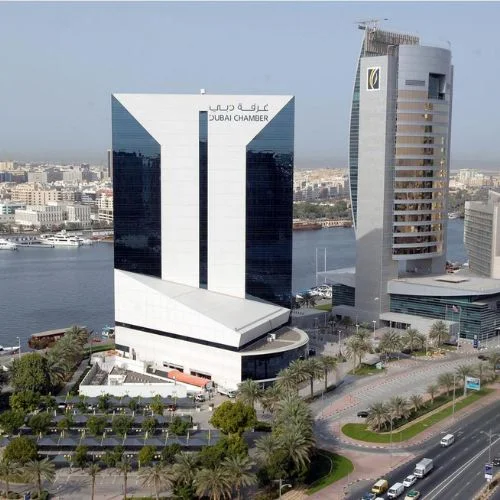Reliance Industries Ltd. and Tata Power Co., two manufacturers of solar modules, are among the companies that have submitted bids for the 195 billion rupees ($2.4 billion) in financial incentives that India is offering to boost domestic production and reduce panel imports from China, the world’s largest producer.
First Solar Inc. of the United States and the Indian businesses JSW Energy Ltd., Avaada Group, and Renew Energy Global Plc are among those also expressing interest, according to persons with knowledge of the situation who asked to remain anonymous since the information isn’t public. One of the nation’s leading producers of solar panels, the troubled Adani Group, did not submit a bid, the sources claimed.
The financial support is a component of Prime Minister Narendra Modi‘s plan to transform the country into a manufacturing powerhouse, boosting employment and lowering imports that can deplete the country’s foreign exchange reserves. In an effort to position India as a viable alternative to China amid a worldwide movement to diversify supply chains in the wake of the pandemic, his “Made in India” campaign seeks to highlight the nation.
The ability of the nation to produce modules might reach 90 gigawatts thanks to incentives from the government, which would be sufficient to meet domestic demand and supply international markets.
Yet, there are worries that the bids may undermine India’s transition goals by dragging down renewable energy projects due to the country’s emphasis on indigenous manufacturing. In order to expedite projects, Electricity Minister Raj Kumar Singh stated last month that his department is thinking about “laxing” a major restriction on module imports for a limited period of time.
Reliance, Avaada Group, and JSW Energy spokesmen declined to comment. Email requests for comment were not immediately answered by the renewables ministry, Adani, Tata Power, ReNew, or First Solar.
After being repeatedly prolonged, the bids, which were being handled by the government-run Solar Energy Corp., finished on February 28. There are currently no published details on projects or incentives.















